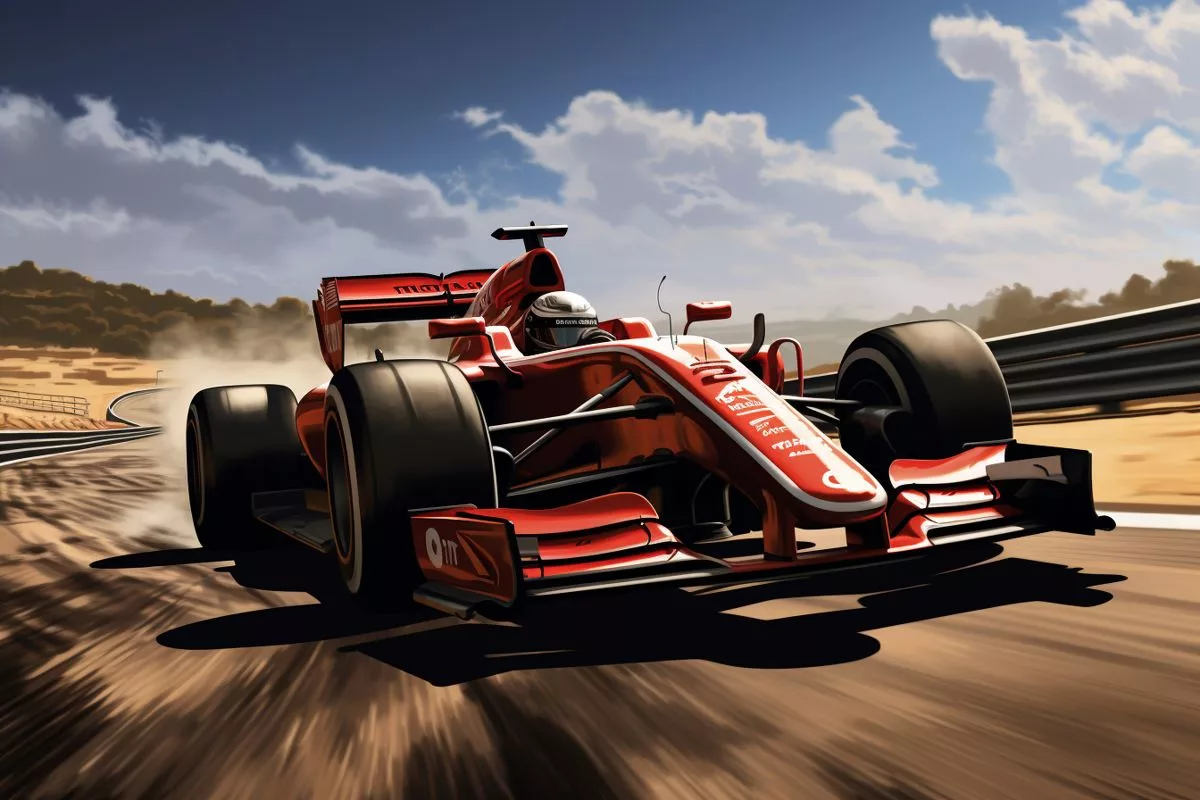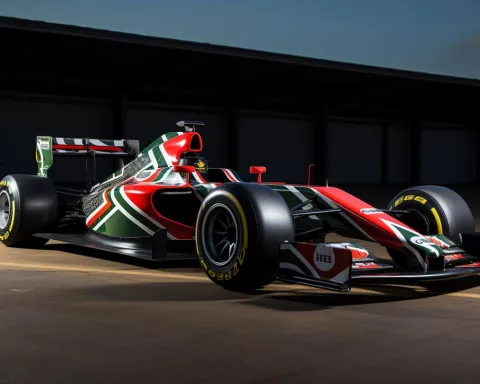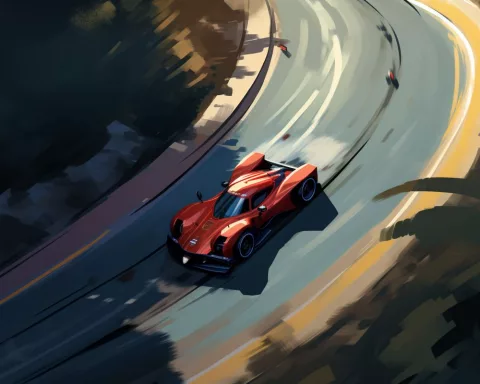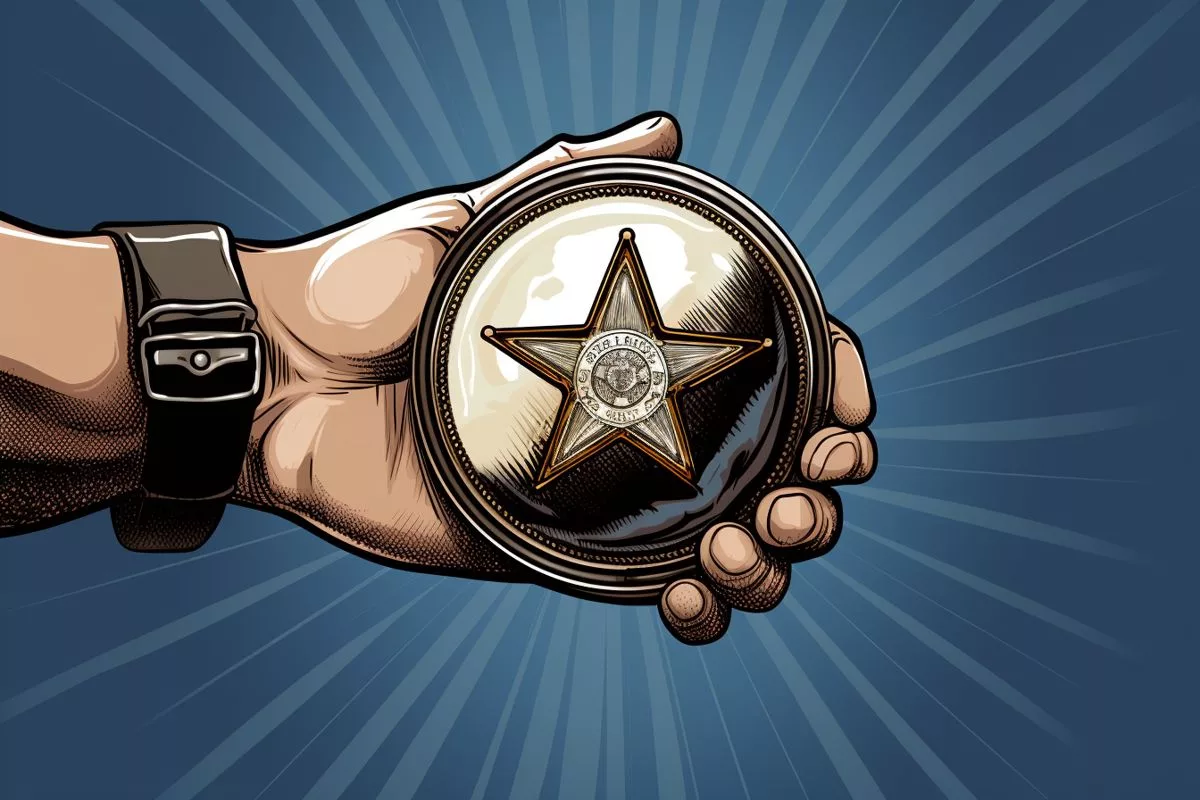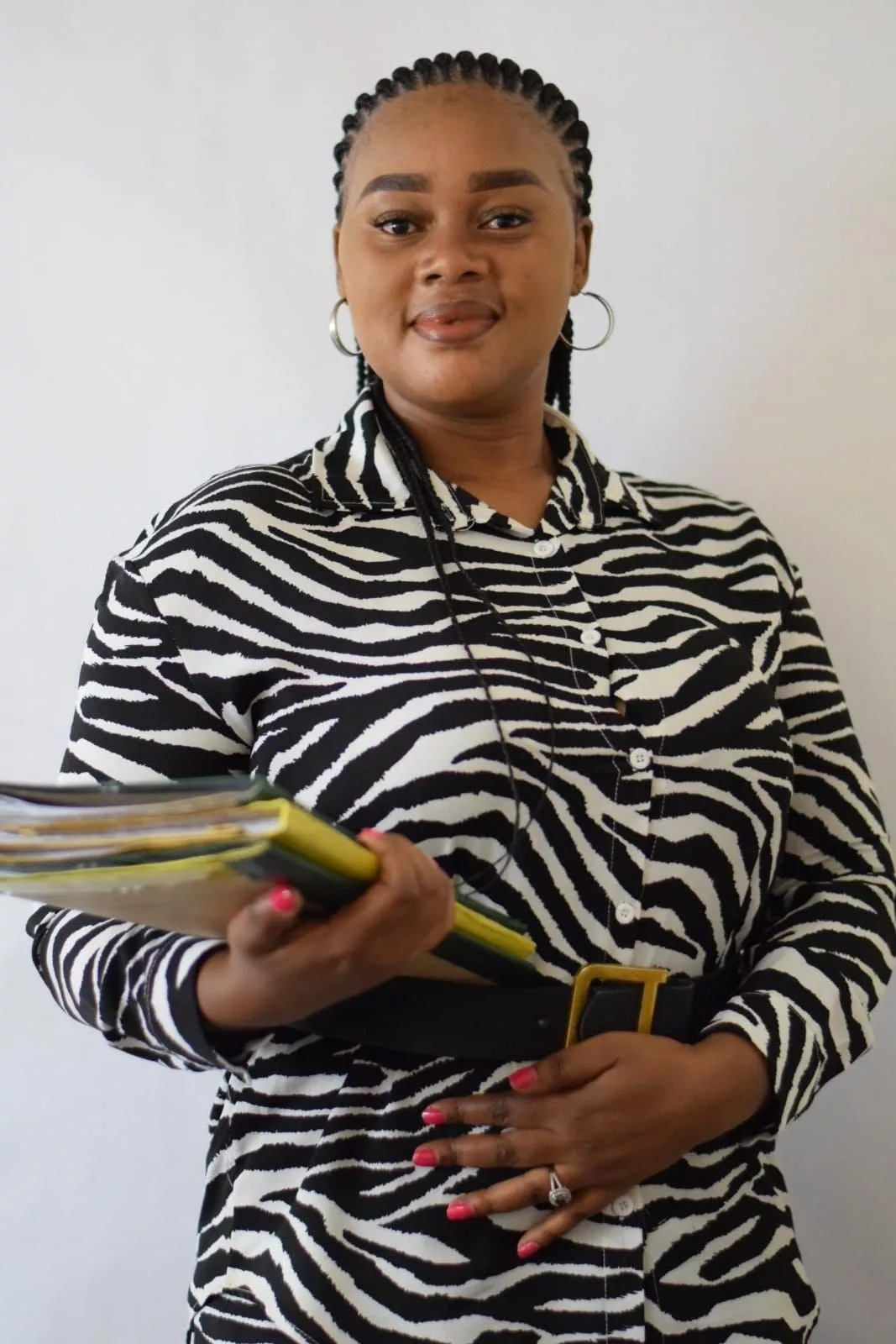South Africa’s hopes of Formula 1 returning to the famous Kyalami circuit have been put on indefinite hold due to rumors of demands from the owners of the circuit. Jody Scheckter, the only South African Formula 1 world champion, expressed disappointment with the owners’ demands, which led to the withdrawal of government support for the project. While the process is difficult, the dream of hearing the roar of F1 engines on their turf is still alive for motorsport enthusiasts in the country.
Uncertainty Surrounds South Africa’s Formula 1 Return
The much-awaited return of Formula 1 racing to South Africa, especially at the famous Kyalami circuit, has been put on indefinite hold due to rumors of demands from the owners of the circuit. Jody Scheckter, the only South African Formula 1 world champion, voiced his disappointment with the owners’ demands, which led to the withdrawal of government support for the project. While the road to bringing back the Grand Prix to South Africa is difficult, the dream of hearing the roar of F1 engines on their turf is still alive for motorsport enthusiasts in the country.
Shelved Plans and Rumored Rifts
The much-anticipated return of Formula 1 racing to South Africa, especially at the famous Kyalami circuit, has been put on indefinite hold. There were swirling speculations about the owners of the Kyalami circuit and their purported demands that allegedly impeded the Grand Prix’s much-awaited comeback. Despite the rumor mill working overtime, there has yet to be an official acknowledgment of these claims.
The Scheckter Stance
The year kicked off with a major development when Jody Scheckter, the only South African Formula 1 world champion, voiced his displeasure with the Kyalami owners. The champion racer accused them of squandering a golden chance to reintroduce the esteemed Grand Prix to South Africa.
Following the successful organization of an FIA E-Prix in Cape Town, it was widely believed that a street race might be a possibility in the country’s top holiday spot. Scheckter shared that the proposal to bring the F1 back to Kyalami was almost a done deal when unexpected demands from Kyalami’s owners upset sports leaders. The result was a withdrawal of governmental support for the venture.
Scheckter, who had a personal stake in the negotiations due to his nephew’s involvement, voiced his disappointment over the whole situation. He was of the view that greed was the primary factor that cost South Africa the chance to host the Grand Prix once more.
Scheckter Faces Frustration and Disappointment
In an interview with Total Motorsport.com, Scheckter aired his discontent. “We almost had it. The representative from Kyalami upped his demands from 500,000 to 2 million and wanted to take control of it all,” he said. There was a robust infrastructure in place: government backing, financial backing from some of South Africa’s most affluent individuals. Nevertheless, the representative’s avarice derailed the entire operation, resulting in the government withdrawing its support. As a result, the likelihood of the Grand Prix making a comeback to South Africa is now in limbo.
Scheckter also expressed empathy for his nephew, Warren, who dedicated six years of his life to ensure the success of the project. “It requires a tremendous amount of effort,” Scheckter pointed out. Regrettably, Warren’s hard work did not yield the desired result when the agreement fell apart.
The Bumpy Road to Bringing Back F1
The possibility of F1 returning to South Africa has been a topic of intense debate, filled with expectation and conjecture. With the hosting rights hanging in the balance, the participation of the Kyalami owners and the subsequent withdrawal of government support have complicated matters.
As the story of the Grand Prix’s potential reappearance in South Africa continues to evolve, one thing is clear: the process is laden with difficulties and disappointments. The endeavor to bring back the esteemed race has been a long and winding journey, stirring a blend of hope, disappointment, and uncertainty among South African racing fans.
Nevertheless, the aspiration to see the Grand Prix back in South Africa is still alive. Many are optimistic that the situation can be rectified and that the country may yet get the chance to host the distinguished event. However, the road to achieving this is far from easy and requires a unified, determined effort.
While the current situation may seem disheartening, it is crucial to keep in mind that in the realm of sports, particularly in Formula 1, circumstances can shift quickly. For South African motorsport enthusiasts, the dream of hearing the thunderous roar of F1 engines on their turf is still very much alive.
What is the reason for the indefinite hold on South Africa’s Formula 1 return?
The return of Formula 1 racing to South Africa, especially at the famous Kyalami circuit, has been put on indefinite hold due to rumors of demands from the owners of the circuit.
Who voiced their disappointment with the owners’ demands?
Jody Scheckter, the only South African Formula 1 world champion, voiced his disappointment with the owners’ demands, which led to the withdrawal of government support for the project.
What is the current status of the situation?
The hosting rights for the Grand Prix are currently in limbo, with the participation of the Kyalami owners and the subsequent withdrawal of government support complicating matters.
Is there still hope for the Grand Prix to return to South Africa?
Yes, the dream of hearing the roar of F1 engines on South African turf is still alive for motorsport enthusiasts in the country, although the road to bringing back the event is difficult and requires a unified effort.
What was the infrastructure in place for the Grand Prix before the representative’s demands?
Before the representative of Kyalami upped his demands, there was a robust infrastructure in place, including government backing and financial backing from some of South Africa’s most affluent individuals.
What is the opinion of Jody Scheckter on the situation?
Jody Scheckter expressed his disappointment and frustration over the situation, stating that greed was the primary factor that cost South Africa the chance to host the Grand Prix once more. He also expressed empathy for his nephew, who dedicated six years of his life to ensure the success of the project.

